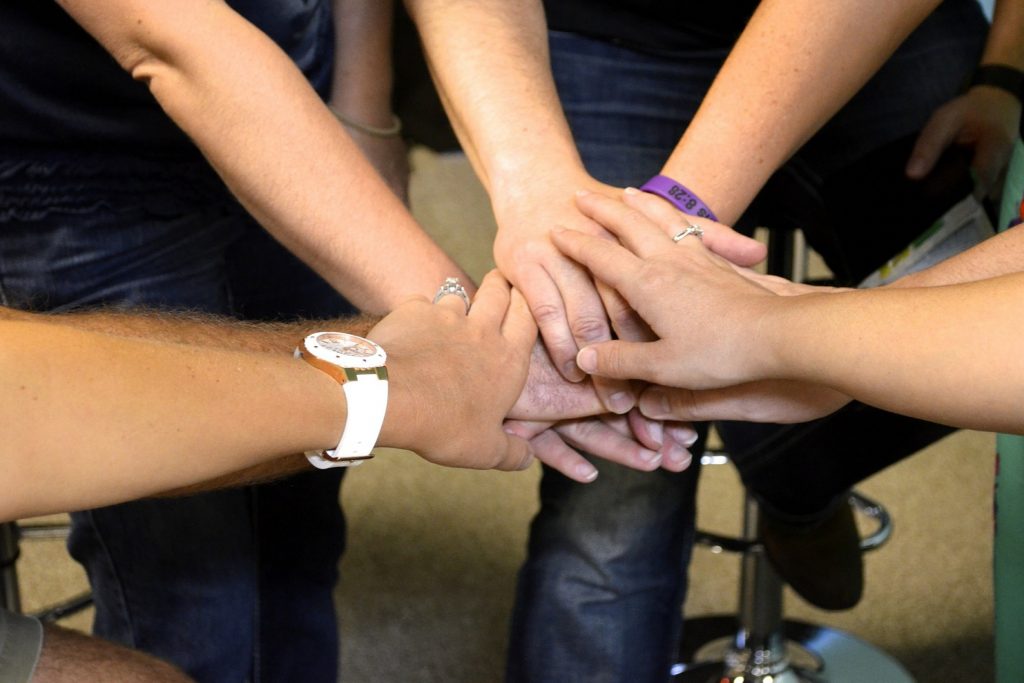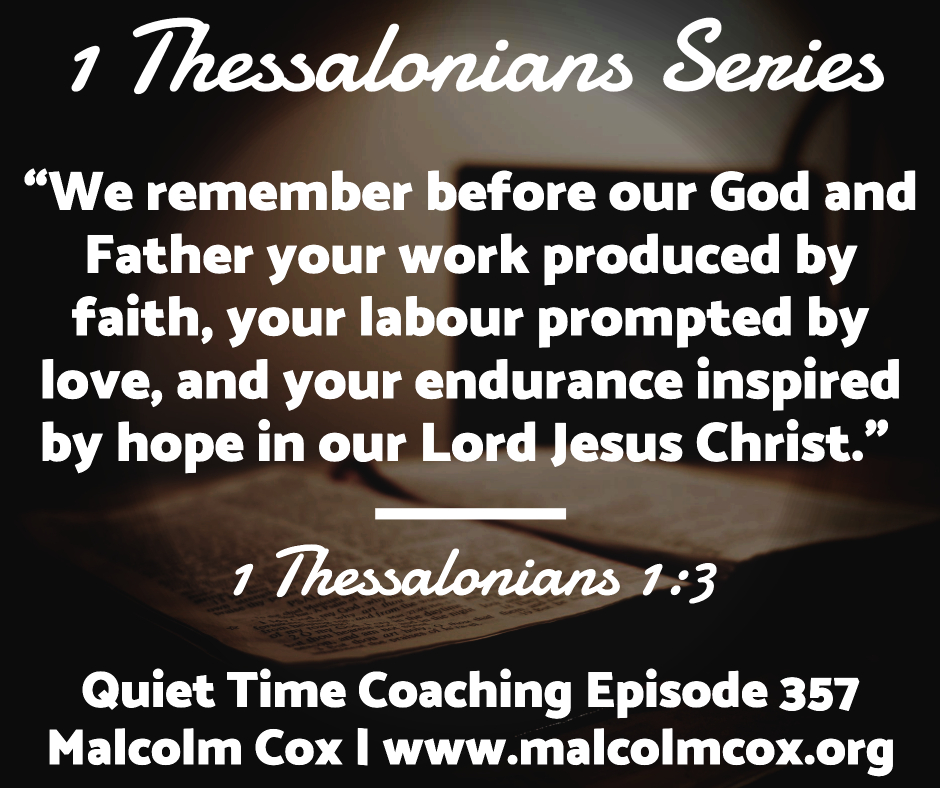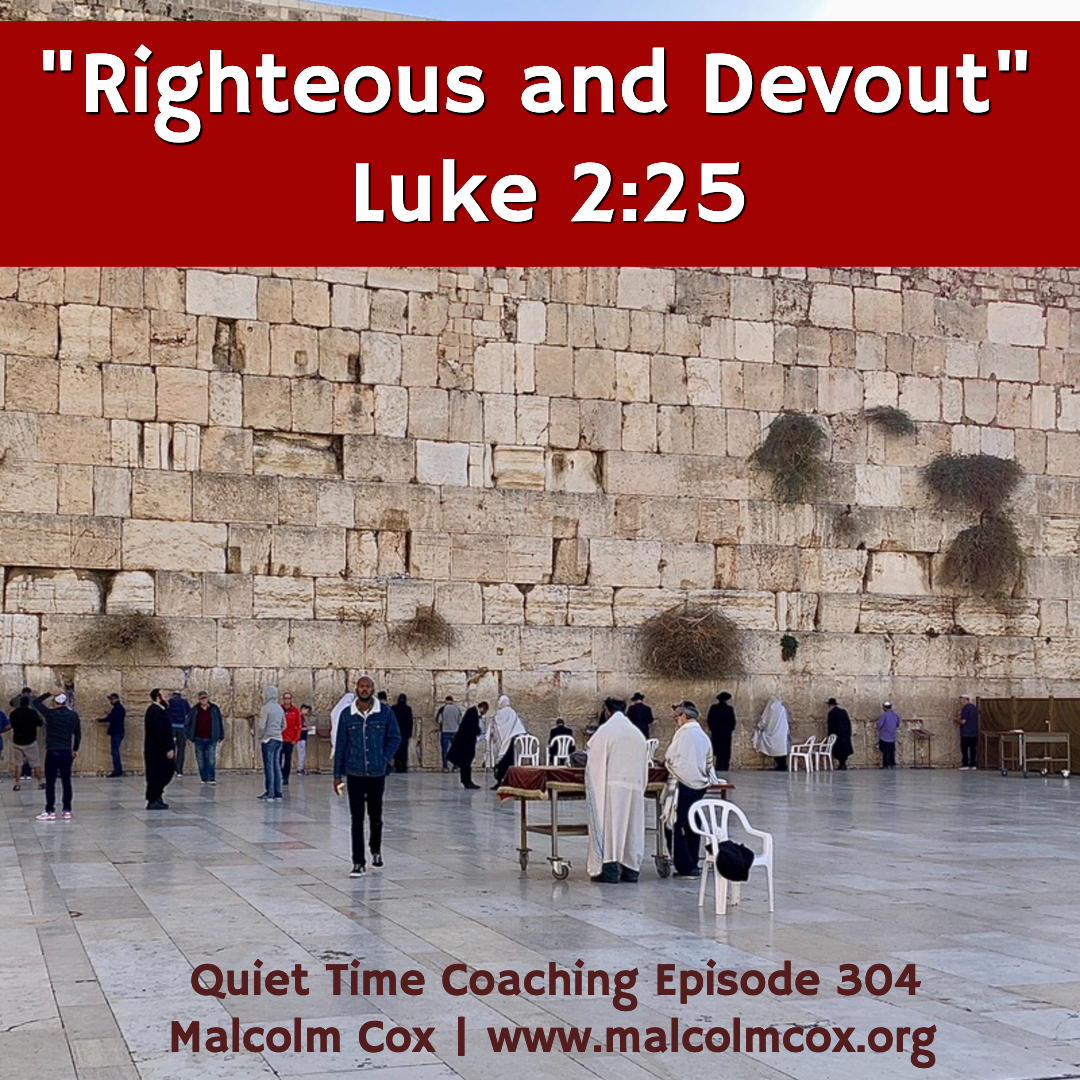
“And when you pray, do not be like the hypocrites, for they love to pray standing in the synagogues and on the street corners to be seen by others. Truly I tell you, they have received their reward in full. But when you pray, go into your room, close the door and pray to your Father, who is unseen. Then your Father, who sees what is done in secret, will reward you. And when you pray, do not keep on babbling like pagans, for they think they will be heard because of their many words. Do not be like them, for your Father knows what you need before you ask him.”(Matthew 6:5-8 NIV11)
Introduction
Is it acceptable to pray with an ‘agenda’? I ask because of something I experienced not too long ago. I was part of a group prayer. The event had an agenda — a healthy one. I am glad I was there, and grateful to the person who planned the meeting. However, two incidents bothered me, and I have been trying to work out how important they are. Hence this article. I would value your take on the matter. Let me explain.
Teaching Prayer
One person’s prayer was a lesson disguised as a prayer. I do not imply it was insincere, or unspiritual, just that it did not seem to fit within the ethos of the gathering. We had come together, in my understanding, to implore God to help us with something we were finding challenging. As such, my thought was to entreat God for his assistance. But this person prayed for us to heed Scripture, obey it and take it to heart. There is nothing wrong with those sentiments, of course, but it did not seem that person was talking to God. He was talking to the rest of us on God’s behalf. That’s teaching, not praying. Am I being fair?
Preaching Prayer
A second person praying affirmed the significance of the topic that had brought us together for prayer. However, he added a warning. The warning was that despite our challenges, it was, he prayed, important that we not get distracted from evangelism. The implication was that this was a higher priority than anything else. The prayer came across as a ‘preach’, not a prayer. Again, am I being fair?
Agenda Prayer
The early church prayed ‘agenda’ prayers. In response to the early persecution they asked God to “…consider their threats and enable your servants to speak your word with great boldness.”(Acts 4:29 NIV11) It seems reasonable to infer the church prayed for the release of Peter, “So Peter was kept in prison, but the church was earnestly praying to God for him.” (Acts 12:5 NIV11) In one of his written prayers for the Thessalonians Paul asks that God will, “sanctify you through and through. May your whole spirit, soul and body be kept blameless at the coming of our Lord Jesus Christ.” (1 Thessalonians 5:23 NIV11)
All of these prayers had an ’agenda’. Perhaps a better way of looking at it is that they had a focus based on current experiences. Paul encouraged the Philippians to be honest and specific in their prayers, “Do not be anxious about anything, but in every situation, by prayer and petition, with thanksgiving, present your requests to God.” (Philippians 4:6 NIV11)
So, why was I uncomfortable in that prayer meeting?
Trauma Prayer
I can think of three reasons.
First, I spent many years in a church culture where every method of communication was a channel for the convictions of the leadership (local, or distant). Preaching, teaching, newsletters, books, videos, conversations, phone calls, discipling times, discipleship groups, leadership meetings and retreats, talks other people were ‘told’ to have with me – and even prayer was used to reinforce the official church agenda (usually something along the lines of have more faith, evangelise more and work harder). Has this had a negative impact on the way I hear other people pray?
Second, I think I felt patronised. Why does that person assume I and the others praying need reminding of Scriptures and our responsibility to obey them? It comes across as if they think they are more spiritual than me and everyone else. Indeed, the reminder of the significance of evangelism is similar. I get the sense the rest of us are not trusted to hold on to such convictions. Am I being proud here? A pure-hearted person might not have the same reaction. Is it not helpful to be reminded of basic beliefs? On the other hand, have we gathered to cement convictions, or beg for God’s help?
Third, I am not sure God is the focus. If God is fundamentally relational then we are gathering to pray to a ‘someone’ who is present. How would I feel if I met with a group of people who said they wanted to talk to me, but then proceeded to talk to one another about me, and about what they think I think? God was in the room and it felt as if some of us were not talking to him. What does that say about our understanding of his immanence, attentiveness and readiness? In the Matthew 6 passage quoted about Jesus tells us to, ’pray to your Father‘.
Conclusion
I would not wish to imply that my prayer on the day was perfect. I dare say others in attendance could legitimately pick holes in it. But, as I reflect on Jesus’ words in Matthew (and Luke 18), I am worried that a prayer to be ‘heard’ is in danger of being a hypocritical prayer. How do we pray meaningfully for a real issue without reverting to preaching or teaching? The answer to that is doubtless out there. I have written this article to articulate my thinking and express some of my fears, and in hope that you, my reader, will have some useful insight for us all.
God bless, Malcolm



